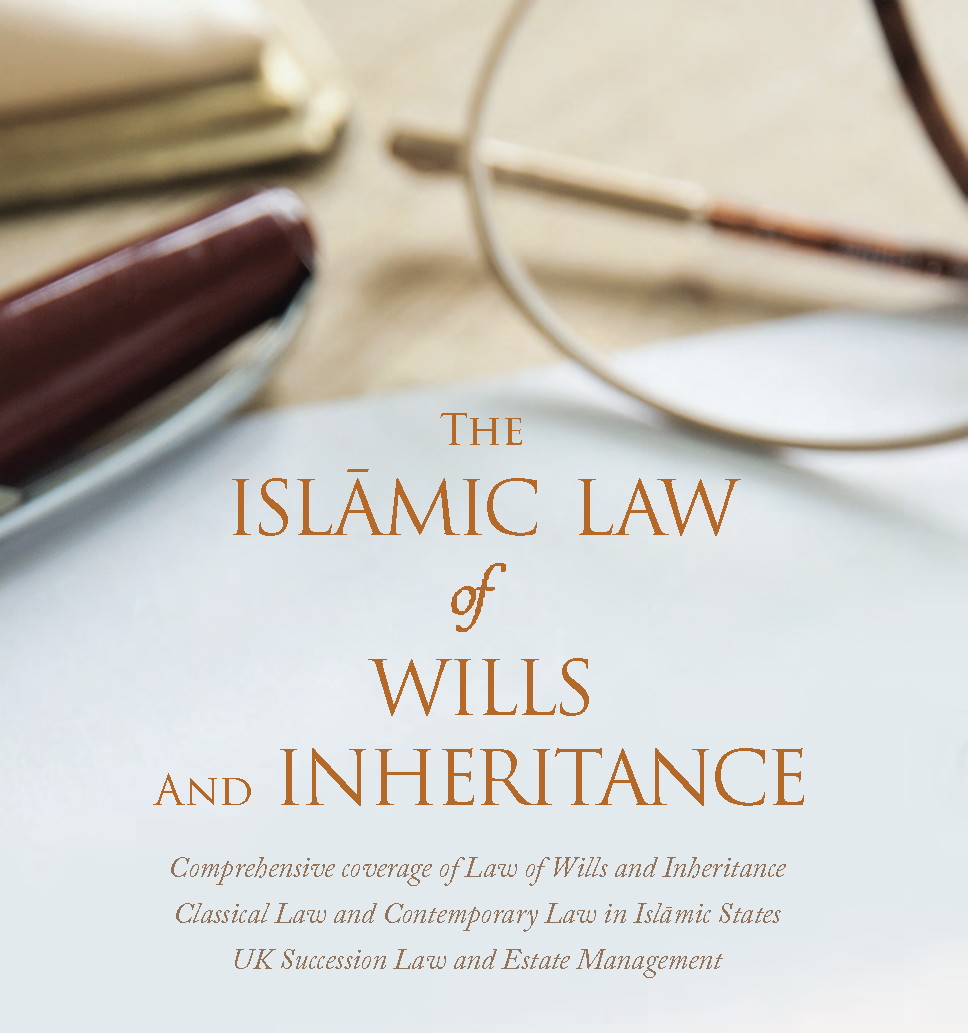بِسۡمِ اللهِ الرَّحۡمٰنِ الرَّحِيۡمِ
A criticism often levied by non-Muslims against the Qur'an pertains to situations where inheritance shares, under certain circumstances, may sum to greater than one. This phenomenon is indeed factual. When the total sum of assigned shares among the designated heirs with fixed Qur'anic entitlements surpasses one, a corrective mechanism known as the doctrine of 'awl is invoked.
The doctrine of 'awl is activated when, following the apportionment of shares among the primary heirs (aṣḥāb al-furūd), the aggregate of fixed Qur'anic shares exceeds one. In such cases, all shares are proportionally diminished, with the exception of inheritance among distant relatives under the tanzīl system, as practised within Shafi'i and Hanbali schools of jurisprudence. Fundamentally, the doctrine of 'awl likely rests on the premise that a Qur'anic share does not represent an absolute entitlement, fixed in precise terms, but rather one established in proportion to other Qur'anic shares. This doctrine involves aligning the common denominator of all fractional shares with the sum of all numerators, leaving the numerators unaltered. Consequently, the total sum of fractional shares equals one, with each share proportionately reduced.
The inaugural application of al-'awl, firmly rooted in the consensus (ijmā‘) of the Prophet's Companions (ṣaḥābah) (![]() ) and subsequent generations, traces back to the era of Caliph Umar bin al-Khaṭṭāb (
) and subsequent generations, traces back to the era of Caliph Umar bin al-Khaṭṭāb (![]() ). Notably, it is attributed to Zayd bin Thābit (
). Notably, it is attributed to Zayd bin Thābit (![]() ), who the Prophet himself acknowledged as knowledgeable in matters of inheritance law. The inaugural
), who the Prophet himself acknowledged as knowledgeable in matters of inheritance law. The inaugural  scenario involved the surviving husband and two sisters, or alternatively, the husband, father, and two daughters. This application of 'awl was endorsed without objection by the Companions.
scenario involved the surviving husband and two sisters, or alternatively, the husband, father, and two daughters. This application of 'awl was endorsed without objection by the Companions.
Subsequently, the doctrine of 'awl gained widespread acceptance among Muslim scholars, with Ibn Qudāma asserting its adoption by all except a minority led by 'Abd Allāh bin 'Abbās (![]() ). This view, as elucidated by Ibn al-Qayyim, finds precedent in the equitable treatment of creditors, ensuring fairness by distributing available assets proportionally rather than favouring select claimants. Notably, the doctrine of 'awl is triggered only in the presence of specific heirs and applies exclusively to select denominators.
). This view, as elucidated by Ibn al-Qayyim, finds precedent in the equitable treatment of creditors, ensuring fairness by distributing available assets proportionally rather than favouring select claimants. Notably, the doctrine of 'awl is triggered only in the presence of specific heirs and applies exclusively to select denominators.
Of significance is the acknowledgement of a variant view attributed to 'Abd Allāh bin 'Abbās (![]() ), affirmed by the eminent Spanish scholar Ibn Ḥazm and Shia scholars. This perspective posits that the burden of reduction should fall on Qur'anic heirs who inherit variably rather than those guaranteed a fixed minimum share. However, despite its validity, this opinion has not gained traction in Sunni jurisprudence.
), affirmed by the eminent Spanish scholar Ibn Ḥazm and Shia scholars. This perspective posits that the burden of reduction should fall on Qur'anic heirs who inherit variably rather than those guaranteed a fixed minimum share. However, despite its validity, this opinion has not gained traction in Sunni jurisprudence.
Indeed, 'Abd Allāh bin 'Abbās (![]() ) harboured several variant views, notably regarding the requisite number of siblings to reduce the mother's share and the distribution of shares in cases involving both parents and siblings. Discrepancies also emerge concerning the distribution of shares among spouses and parents, reflecting variant interpretations among jurists.
) harboured several variant views, notably regarding the requisite number of siblings to reduce the mother's share and the distribution of shares in cases involving both parents and siblings. Discrepancies also emerge concerning the distribution of shares among spouses and parents, reflecting variant interpretations among jurists.
These reflections on the doctrine of 'awl underscore its evolution, applications, and divergent opinions, offering insights into the dynamic nature of Islamic jurisprudence as elucidated by esteemed scholars and legal authorities.
(Source: Adapted from "The Islamic Law of Wills and Inheritance" by Dr. A. Hussain, 2015)
